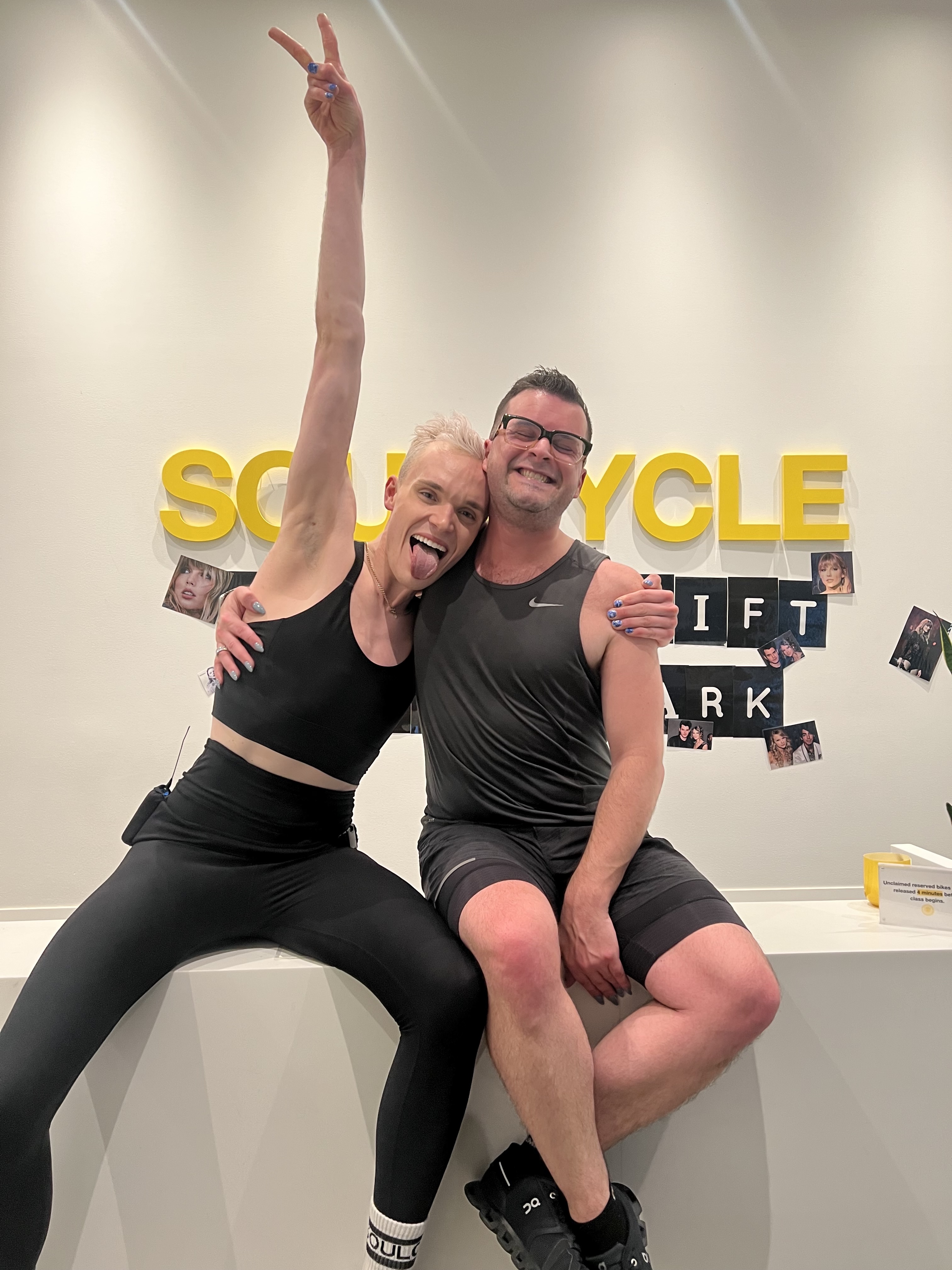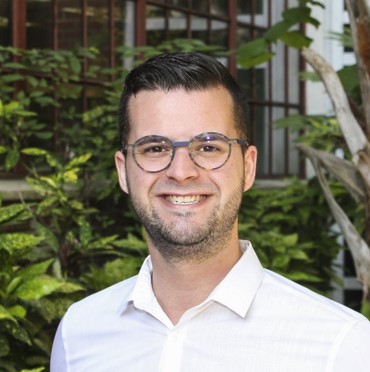Three Months In...
Losing a loved one is one of the most difficult experiences we can go through in life, and the sudden death of a spouse or loved one can be especially devastating. Coping with grief and healing after such a loss can feel overwhelming and impossible, but with time and the right support, it is possible to move forward and find a sense of peace while still living with the grief that will always exist. While everyone’s journey is unique, there are some universal strategies that can help you find peace after such a devastating loss.
It’s already been three months since I lost my partner, Dominic, and there hasn’t been a day that has gone by when I haven’t been reminded of him in some way or another. While I am not a licensed counselor or therapist, after a tremendous amount of reading and reflection, here are the tips I am choosing to follow to help me heal and move forward.
Allow yourself the time and space to grieve
It is important to give yourself permission to feel the full range of emotions that come with grief, including sadness, anger, confusion, and even guilt. There is no right or wrong way to grieve, and everyone’s process will look different. Be gentle with yourself and allow yourself the time and space you need to process your emotions. Suppressing your emotions may seem like a way to cope, but it can actually prolong the healing process. Cry, scream, talk to a friend or therapist, or write in a journal.

While I haven’t picked up The After-Trauma Notebook yet, I have been using the The Anti-Anxiety Notebook to help me control my anxiety when I feel it about to take over. I’m also using The Therapy Journal which allows me to organize my thoughts before a therapy sessions, keep track of insights from my sessions, and it’s also a great way to look back on my progress over time. Therapy Notebooks has a wide selection of journals that can help you with a variety of mental health issues, and I highly recommend them.
Seek support
It is crucial to surround yourself with supportive people during this time. This can include friends, family members, support groups, or a therapist. Talking to someone who has gone through a similar experience can be especially helpful, as they may be able to offer insights and guidance that others cannot.
If you are struggling with intense or prolonged grief or if you are experiencing symptoms of depression or anxiety, it may be helpful to seek professional help. A therapist or counselor can help you work through your feelings and develop coping strategies for dealing with grief.
Take care of yourself
Grief can take a toll on both your physical and emotional well-being. It is important to prioritize self-care during this time. This can include getting enough sleep, eating a healthy diet, engaging in physical activity, and finding ways to relax and unwind. Don’t forget to take breaks and rest when you need to.

One of the first things I did when I arrived in Seattle after LA was go directly to SoulCycle. Dominic and I always made it a point to visit new studios whenever we traveled somewhere new and this is certainly a tradition I plan to keep alive. Tommy and I used to ride together when he worked at the Boston Back Bay studio and we haven’t seen each other in years and years despite living in the same city more than once. It was honestly so great to catch up and ride together, seeing how much he’s grown in to himself and as an instructor commanding the podium, is truly heartwarming . I’m so grateful for the community that has been so welcoming and supportive of me during this time.
Take it one day at a time
Healing takes time, and there’s no set timeline for grief. Take things one day at a time and don’t put pressure on yourself to feel a certain way or reach a certain milestone. Allow yourself to heal at your own pace.
Healing after the sudden death of a spouse is a difficult journey that will take a tremendous amount of time, effort, and energy. Remember to be patient with yourself and allow yourself the time and space you need to heal. And always remember that you are not alone - there are people who care about you and are here to support you through this difficult time.
Find ways to honor their life
Creating a meaningful tribute to your spouse or loved one can be a helpful way to keep his memory alive and move towards finding a sense of closure. This can include creating a memory box, planting a tree or garden, or making a donation to a charity in his name. You may also consider lighting a candle or creating a special place in your home to remember your loved one.

In lieu of flowers and other monetary support, Dominic’s family asked that donations be made to The Spondylitis Association of America. Dominic silently suffered from Ankylosing Spondylitis for years and it was something he kept very close to his chest. Dominic never burdened his problems on anyone else and he was always the first to offer help to others.
But most of all, always remember your spouse or loved one will always hold a special place in your heart, and their memory will live on through you.
You are not alone on this journey, and you will get through this.
If you are ever in a mental health crisis
…and you need urgent assistance, PLEASE utilize these resources:
- All Emergencies - 911
- National Suicide Prevention Lifeline - 988
- National Suicide Prevention Lifeline - 1 800 273 TALK (8255)
- Crisis Text Line - Text HOME to 741741
The world is a better place with you in it and we all want you here.

